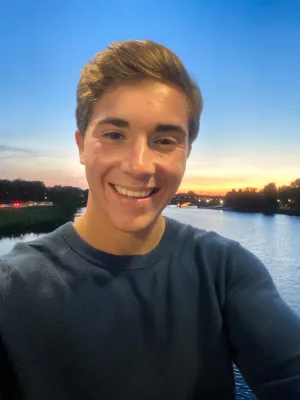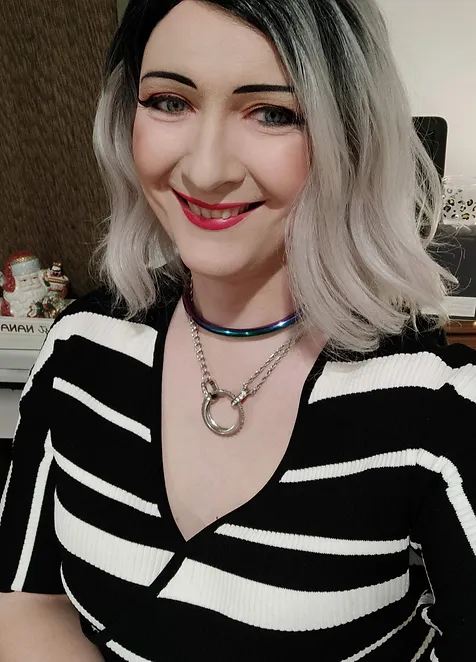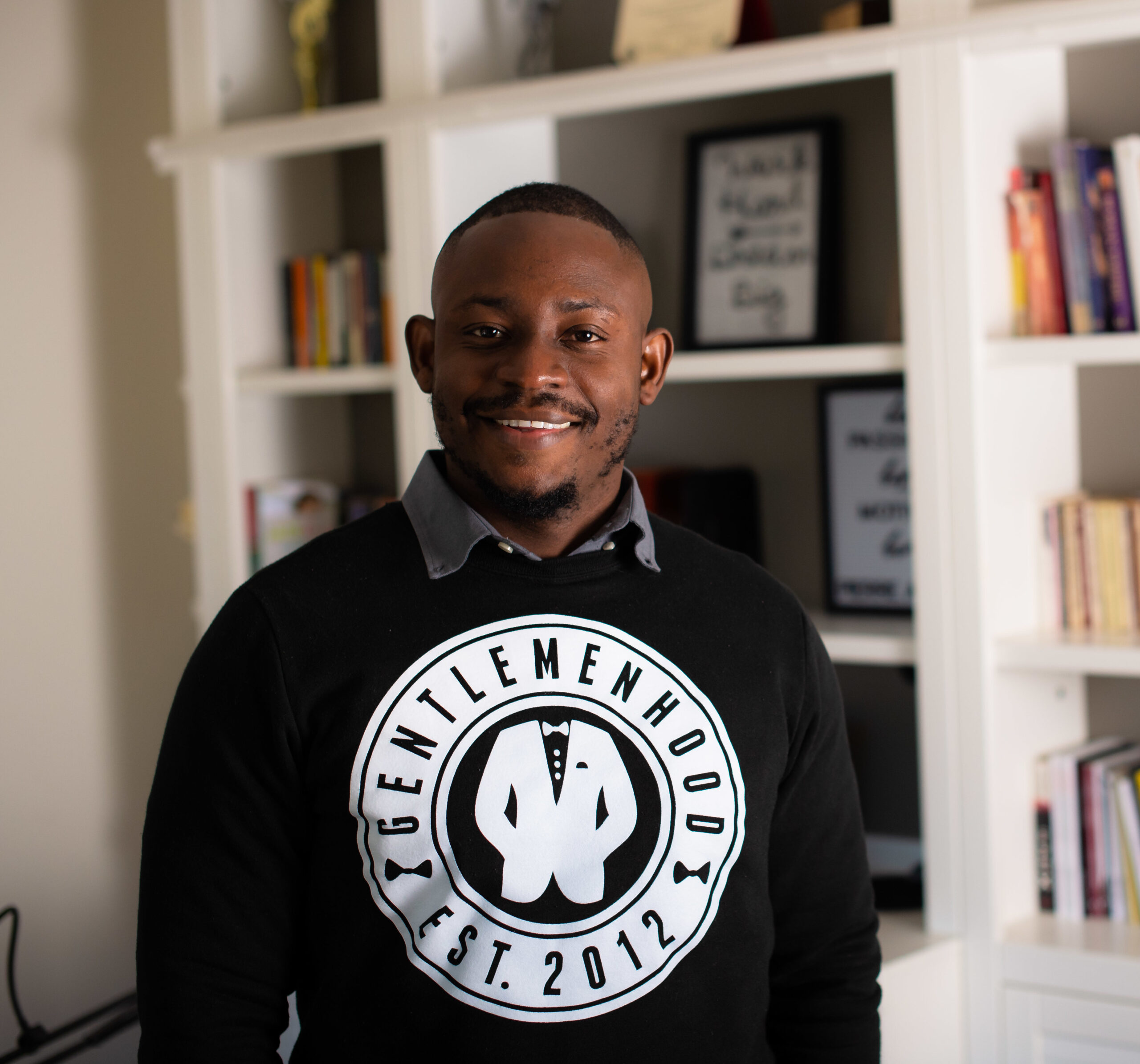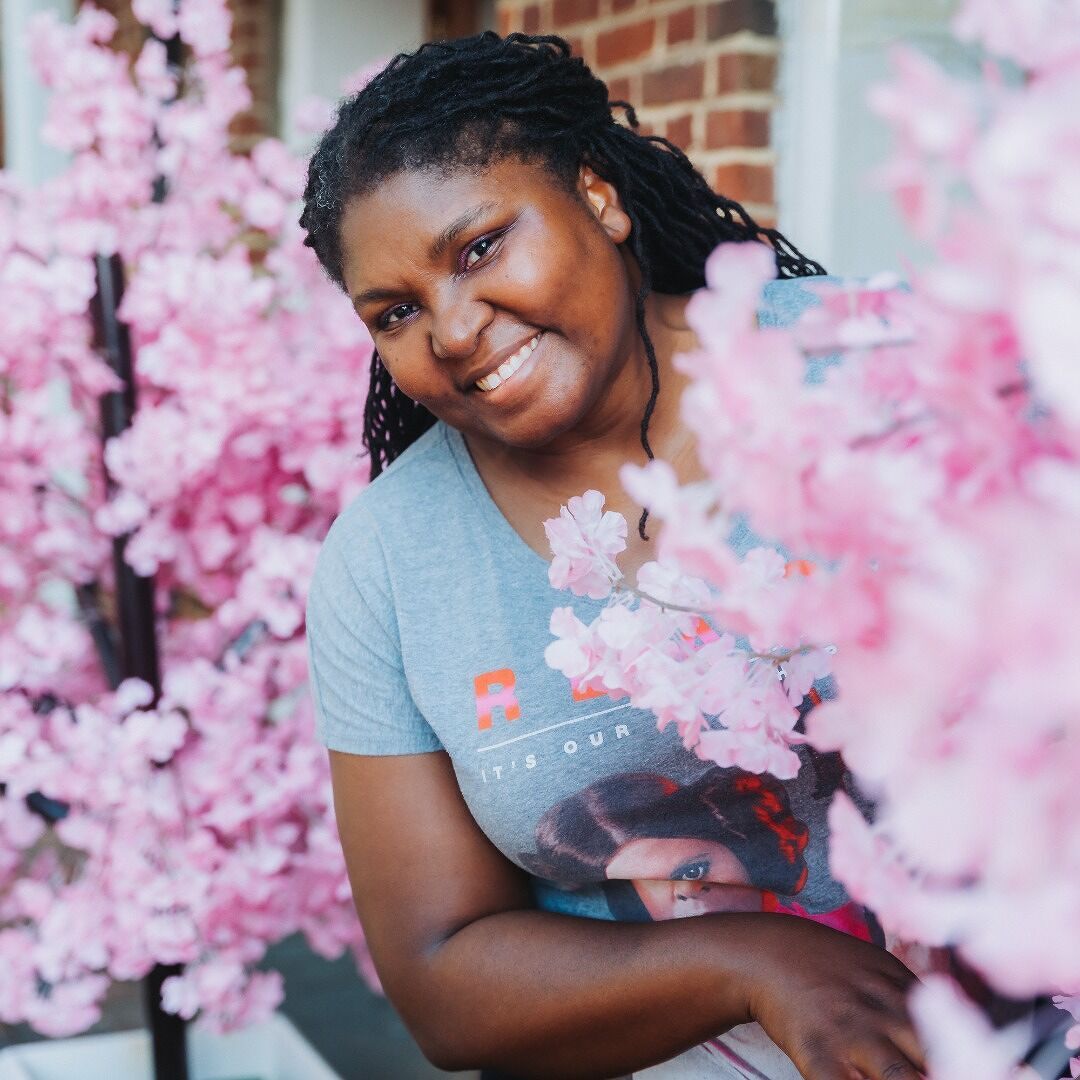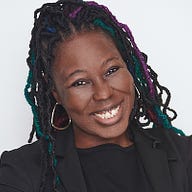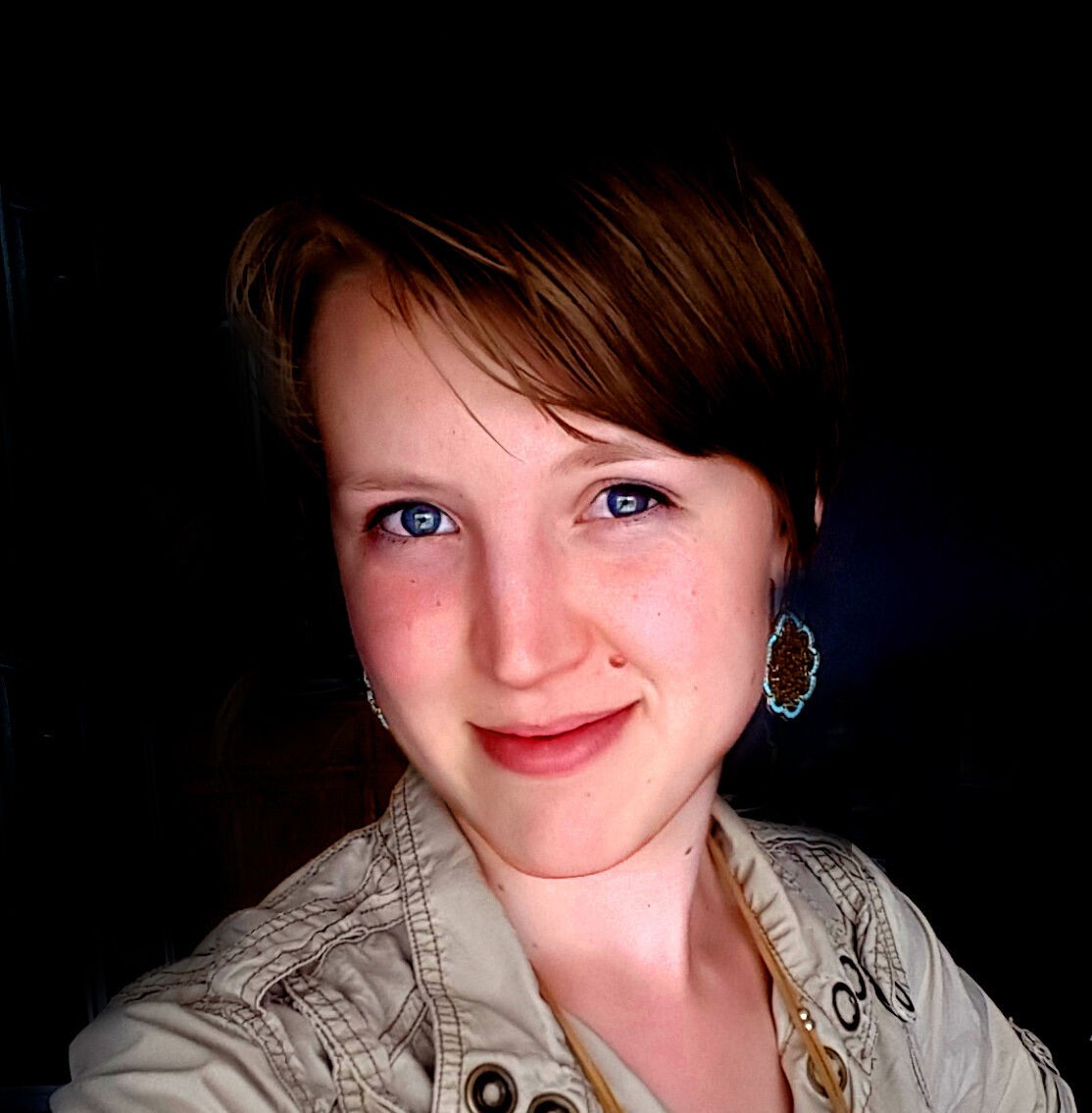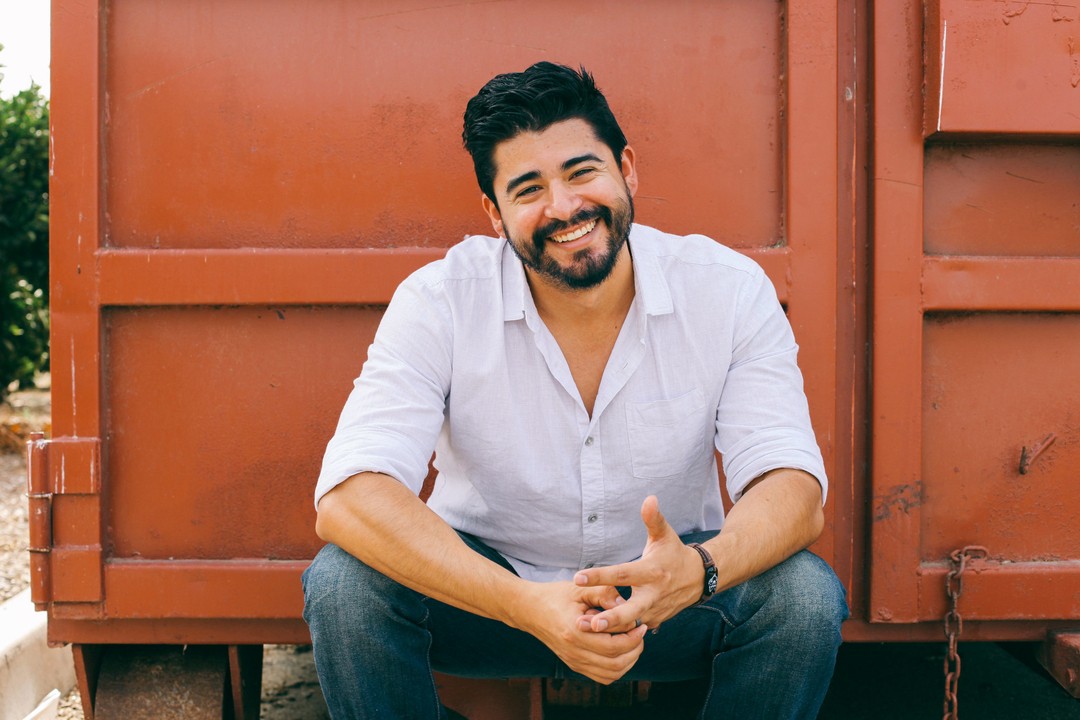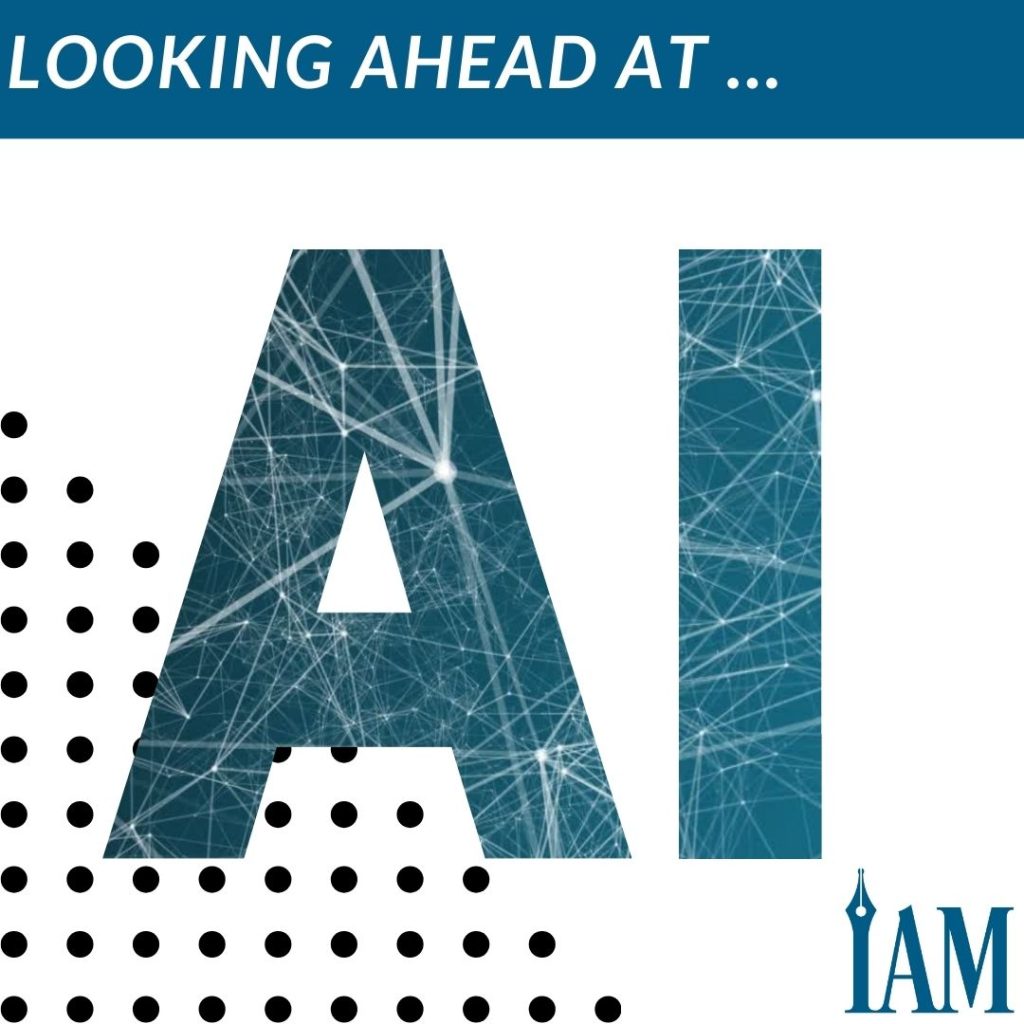Authors understand the power of a strong launch, but describing OpenAI’s launch of ChatGPT simply as “strong” feels like an understatement.
In the first five days after an early demo of the generative AI chatbot released in late November 2022, the site had already amassed more than one million users, according to Forbes. That surge of popularity was just the start for the program and the age of generative AI technology it’s come to represent. In a little under a year, newer iterations of its large language model, GPT, and increased use of the tools overall have improved the quality of AI programs’ outputs, and the use of artificial intelligence has become even more widespread, filtering into nearly every industry—including publishing.
“In the last six months, I’ve watched this move from a single prompt giving a coherent four hundred words to a coherent two thousand to three thousand words,” says Elizabeth Ann West, author and CEO of Future Fiction Academy. “And I’m not talking about a bunch of messy word salad with some coherent paragraphs here and there.”
As with many creative industries, the explosion of AI has sparked mixed reactions among authors, with some embracing the programs and others sharing concerns about the ethics and legality of using their generated creations. “Storytellers will always find a way to tell their stories. But there are shortcuts that can speed the process,” writes author Tanya Hales. “To some people, that’s important. To others, the more natural, handmade process is more important.”
The tools themselves have quickly become more advanced and capable as well, with authors who’ve incorporated them into their workflow using them for artwork, audiobooks, marketing materials, help with story generation, and more. And as many current legal debates have yet to come to definitive conclusions—policy debates have struggled to keep up with advancements in the programs and have often raised more questions than they’ve answered—many authors agree AI is here to stay.
“We are only at the beginning of the opportunities of AI for wider society as well as for creativity and art, and it’s important that authors, writers, and other creatives be involved in order to shape the future as we want it to be,” said Joanna Penn, author and host of The Creative Penn, in a May 2023 episode of the podcast.
“There are so many tools. And some will resonate with different people, especially those who value speed or who, due to disabilities or personal circumstances, benefit from extra writing aids,” Hales writes. “But there will always be those who want nothing more than a computer and a word processor. And neither choice is wrong.”

